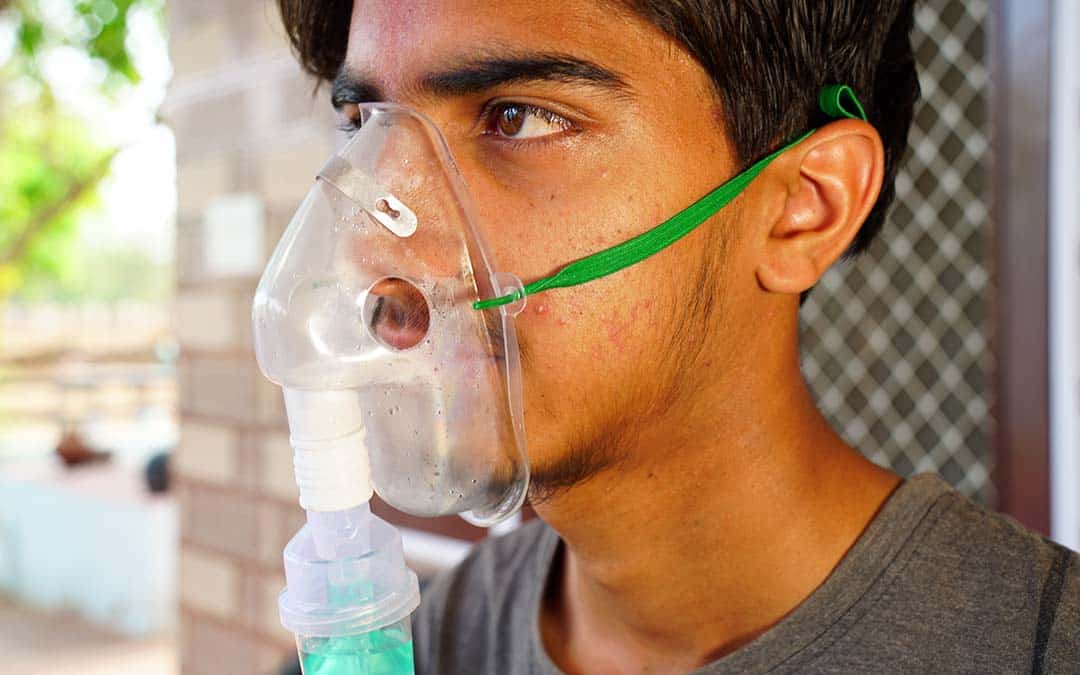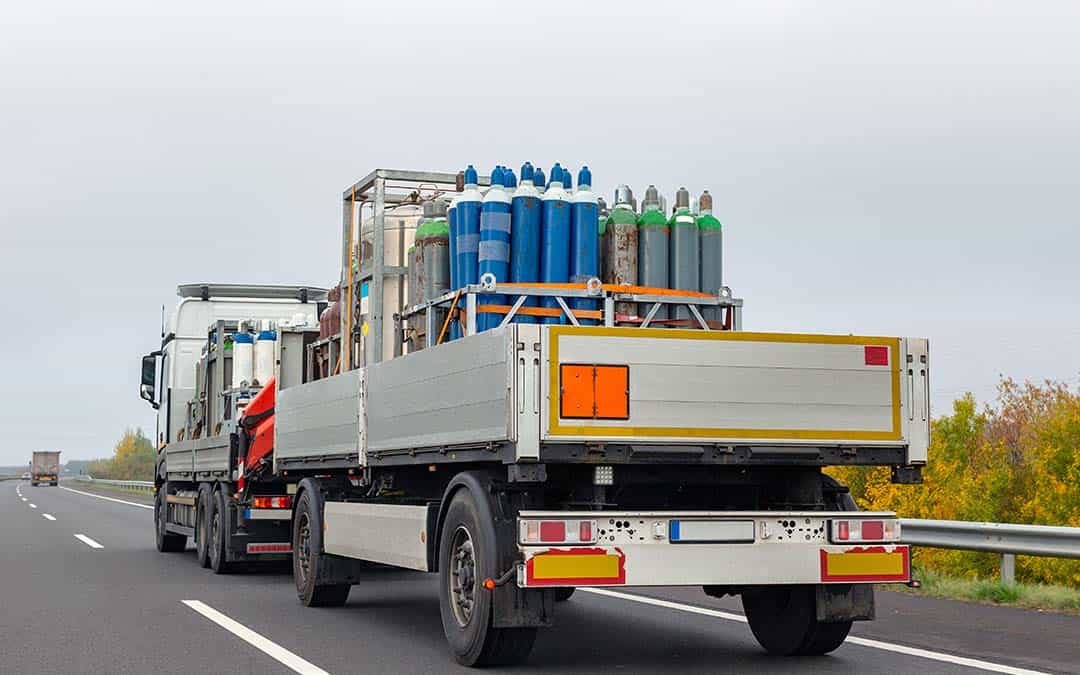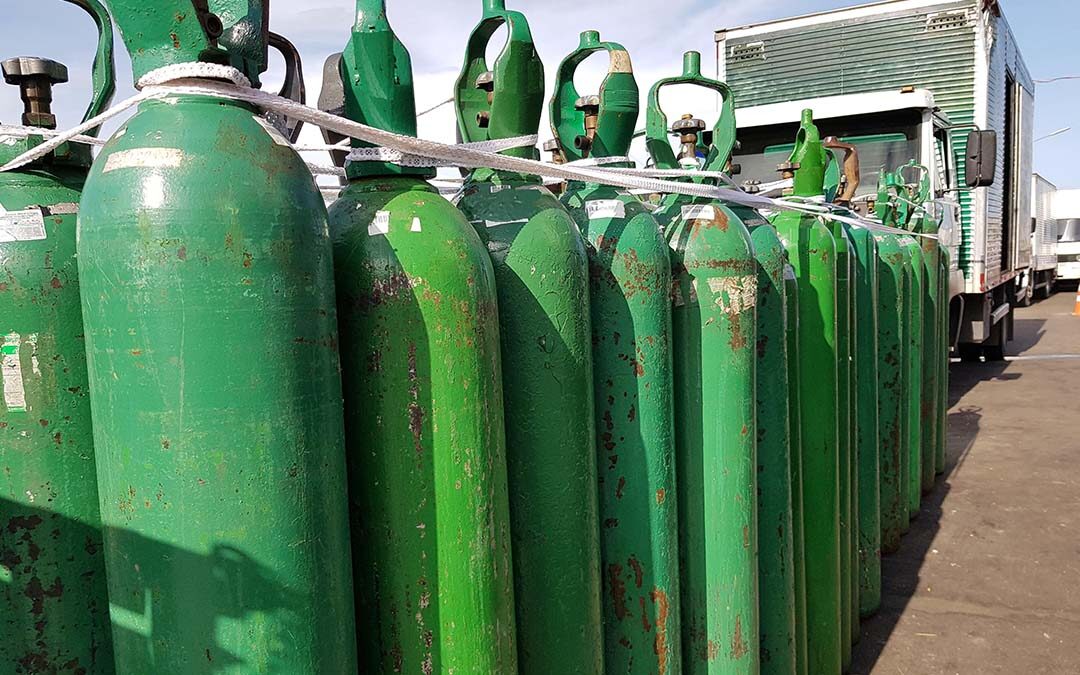The earthquake that hit Turkey and Syria on Monday, February 13th, has caused immense tragedy, with over 40,000 lives lost and countless others affected by the devastation. It’s tough to come to terms with the magnitude of the loss. However, amidst this heart-wrenching event, there is a glimmer of hope as the global community unites to provide critical humanitarian relief efforts to prevent a potential secondary disaster. One crucial need that has emerged in the aftermath of the earthquake is medical oxygen. Medical oxygen is essential for treating those who have been injured and displaced by the earthquake, and it’s crucial for helping patients with respiratory issues breathe more easily.
Medical Oxygen Shortage and Aid Efforts

The earthquake has caused widespread damage to buildings and infrastructure in the affected regions, including hospitals and medical facilities. This has left the healthcare system in a precarious situation, making it difficult for doctors, nurses, and other medical professionals to access critical medical supplies, including oxygen cylinders. Medical oxygen is a life-saving resource, and its availability can make the difference between life and death. It helps to stabilize patients and provides the necessary support for them to breathe more easily. Without medical oxygen, many of these patients may not be able to survive.
In Syria, the destruction caused by the earthquake has exacerbated an ongoing humanitarian crisis which has been going on for over a decade. There are over 6.7 million people who are internally displaced, and a staggering 11.1 million people who need humanitarian assistance. According to Reliefweb, there are over 12 million Syrians who are in need of health services. A report from July of last year highlighted the dire situation for new borns in incubators: They need medical oxygen to survive, but families have had to buy it themselves because there’s simply no other solution available.
Several organizations are working around the clock to provide necessary aid and medical supplies to the regions affected by the recent earthquake. Last week, the International Humanitarian City (IHC) facilitated the delivery of 37 tonnes of medical kits to Turkey, and is facilitating another relief flight to Syria to deliver additional tonnes of crucial aid, such as medicines and essential supplies, to support international humanitarian agencies.
Meanwhile, Direct Relief is sending over 25 pallets of essential medical supplies, including vital oxygen cylinders, from its facilities in the US and Europe to the affected regions. India’s National Disaster Response Force and army’s medical team are also stepping in by sending oxygen cylinders and other critical medical equipment to support the relief efforts.
Last Thursday, the World Bank announced its pledge to provide $1.78bn in aid to Turkey, a significant move to help rebuild the country’s infrastructure and support the people affected by the devastation caused by the earthquakes.
The Road to Recovery

The road to recovery will not be easy, but the World Bank’s pledge, and aid provided by these international organizations is a beacon of hope that demonstrates the global community’s commitment to helping those in need. It is also a reminder that even during difficult times, we can still come together to offer support, comfort, and aid to those affected by natural disasters
By working together and providing essential aid, we can make a real difference and help those affected by the earthquake. The ongoing humanitarian relief effort, along with the support of private sector companies, will be crucial in the coming weeks and months as the affected regions work to rebuild and recover.
As a trusted supplier to the medical industry, CalOx is well-equipped to meet the increasing need for transportable medical oxygen. We have -extensive experience in supplying medical-grade gases to hospitals, clinics, and healthcare facilities, and have a proven track record of delivering high-quality products and services.
